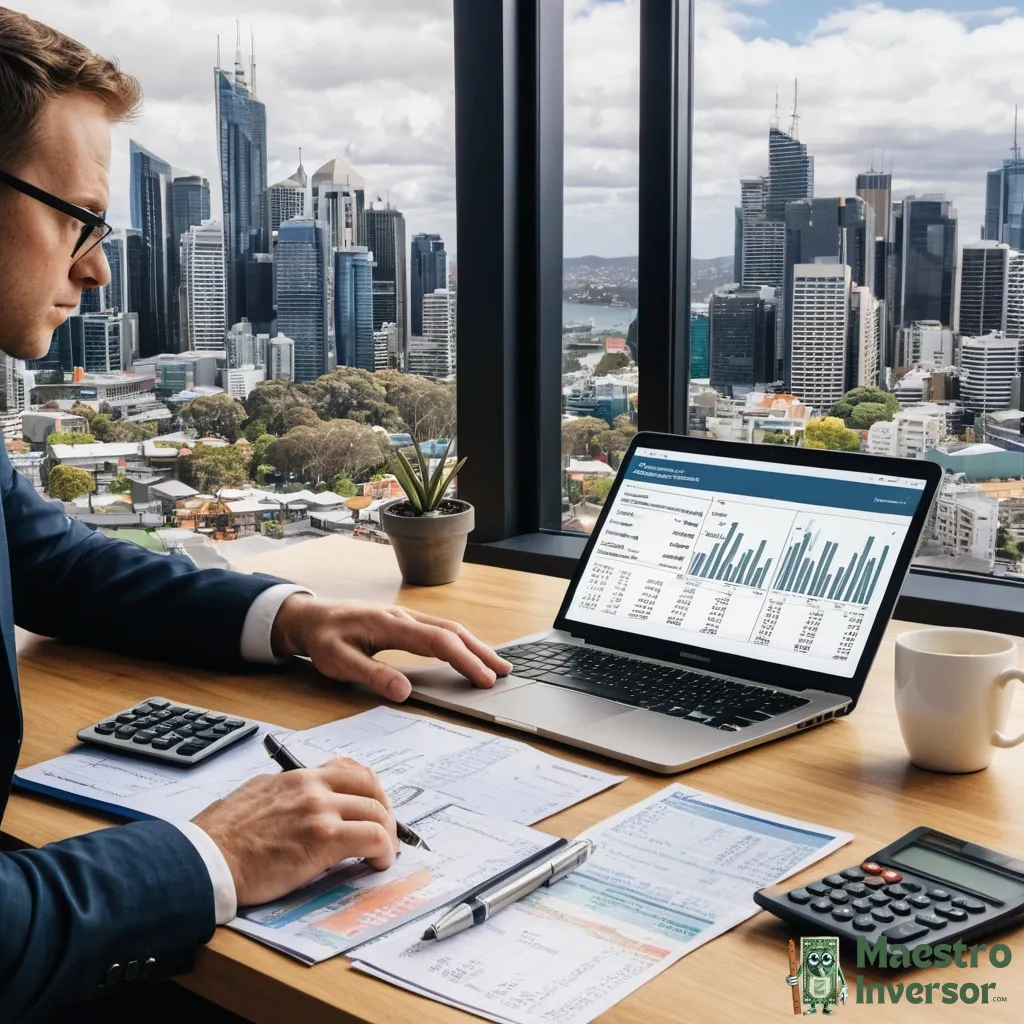
Starting a small business in Australia can be a daunting task, especially when it comes to understanding the costs involved. As one of the most popular countries for entrepreneurship, Australia offers a wide range of opportunities for small business owners to thrive. However, it’s essential to have a clear understanding of the costs associated with starting and running a small business in Australia. In this article, we’ll delve into the various expenses you can expect to incur when starting a small business in Australia, providing you with a comprehensive guide to help you plan and budget for your new venture.
Initial Start-Up Costs
The initial start-up costs for a small business in Australia can vary greatly, depending on the type of business, industry, and location. Some of the common start-up costs include registering your business, obtaining necessary licenses and permits, and setting up your business operations. Here are some of the typical start-up costs you may incur:
- Business registration: $37 – $129 (depending on the type of registration)
- ABN registration: free
- Domain name registration: $10 – $30 per year
- Website development: $500 – $5,000
- Marketing and advertising: $1,000 – $10,000
- Insurance: $500 – $5,000 per year (depending on the type of insurance)
Ongoing Expenses
In addition to the initial start-up costs, there are also ongoing expenses that you’ll need to consider when running a small business in Australia. These expenses can include rent, utilities, equipment, and staff wages. Here are some of the typical ongoing expenses you may incur:
- Rent: $1,000 – $10,000 per month (depending on the location and size of the premises)
- Utilities: $100 – $1,000 per month (depending on the size of the premises and the type of business)
- Equipment and supplies: $500 – $5,000 per month (depending on the type of business)
- Staff wages: $2,000 – $20,000 per month (depending on the number of staff and their salaries)
- Marketing and advertising: $500 – $5,000 per month (depending on the type of marketing and advertising)
Taxation and Compliance
As a small business owner in Australia, you’ll need to comply with various taxation and regulatory requirements. This can include registering for GST, paying income tax, and complying with workplace health and safety regulations. Here are some of the typical taxation and compliance costs you may incur:
- Accounting and bookkeeping: $500 – $5,000 per year
- Tax return preparation: $200 – $2,000 per year
- GST registration: free
- Workplace health and safety compliance: $500 – $5,000 per year
Industry-Specific Costs
The costs of starting a small business in Australia can vary greatly depending on the industry you’re in. For example, if you’re starting a food business, you may need to incur costs associated with food handling and preparation, such as commercial kitchen equipment and food safety certifications. Here are some industry-specific costs you may incur:
- Food business: $5,000 – $50,000 (depending on the size and type of business)
- Retail business: $2,000 – $20,000 (depending on the size and type of business)
- Service business: $1,000 – $10,000 (depending on the type of service and the number of staff)
Location-Specific Costs
The costs of starting a small business in Australia can also vary greatly depending on the location. For example, if you’re starting a business in a major city like Sydney or Melbourne, you may need to pay more for rent, utilities, and staff wages compared to if you were starting a business in a regional area. Here are some location-specific costs you may incur:
- Sydney: $5,000 – $50,000 per month (depending on the size and location of the premises)
- Melbourne: $3,000 – $30,000 per month (depending on the size and location of the premises)
- Regional areas: $1,000 – $10,000 per month (depending on the size and location of the premises)
Conclusion
Starting a small business in Australia can be a challenging but rewarding experience. While there are many costs associated with starting and running a small business, understanding these costs can help you plan and budget for your new venture. By considering the initial start-up costs, ongoing expenses, taxation and compliance costs, industry-specific costs, and location-specific costs, you can make informed decisions about your business and set yourself up for success.

